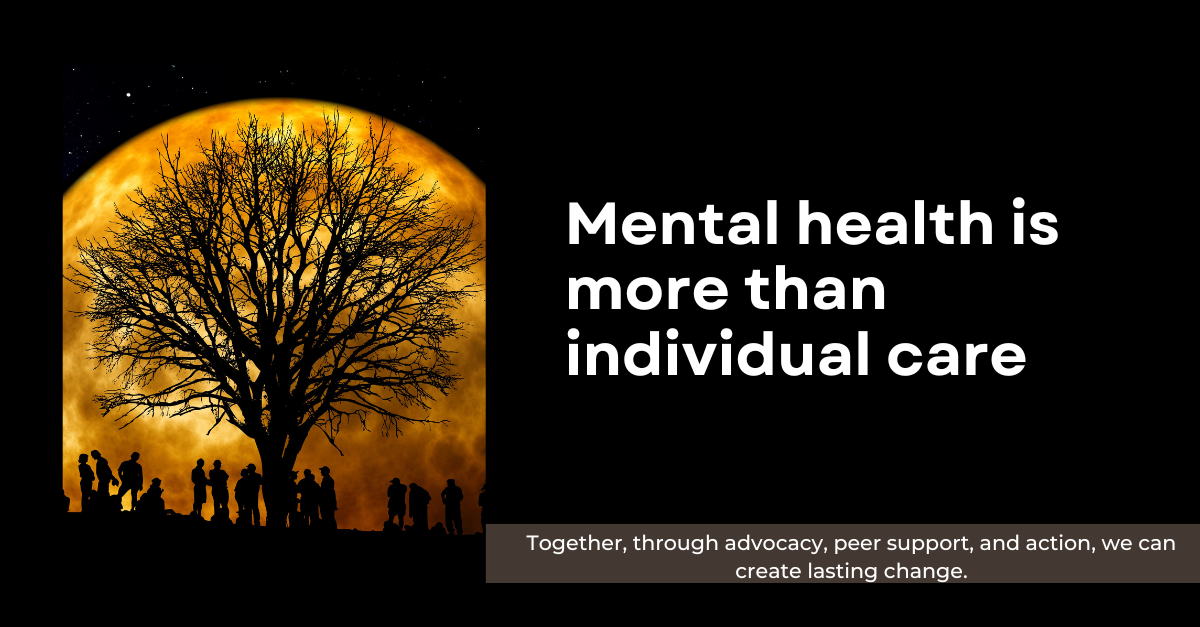Mark Anns • July 20, 2024
The power of TOUCH
The power of a simply touch
Sometimes it is the simple acts we can do that have most impact.
Summary of Touch Interventions and Their Health Benefits
Research has shown that touch interventions, like massage therapy and gentle touch, have significant health benefits for both physical and mental well-being.
- Mental Health Benefits: Touch can help reduce pain, depression, and anxiety. These benefits are more pronounced in clinical populations (people with health conditions) compared to healthy individuals.
- Physical Health Benefits: For newborns, touch from parents can lead to increased weight gain. In adults, touch can help regulate cortisol levels, which are linked to stress.
- Types of Touch: Head touch has been found to be more beneficial than touch on the arm or torso. Unidirectional touch (one-way touch) is more effective than bidirectional touch (mutual touch).
- Frequency Over Duration: The number of touch sessions is more important than the length of each session. More frequent touch sessions lead to better health outcomes.
- Familiarity: For adults, it doesn't matter if the toucher is familiar or not. However, for newborns, touch from parents is more beneficial than from healthcare professionals.
- Animal Studies: Touch interventions also show positive effects on the health of animals, indicating the broad applicability of touch therapy.
- Challenges and Limitations: Some studies faced issues like potential false positives, small-study bias, and the exclusion of non-English studies. Blinding (keeping participants unaware of the intervention) is also challenging in touch studies.
- Future Research: More studies are needed to understand the mechanisms behind the benefits of touch and to optimize these interventions for both humans and animals.
Overall, touch interventions are a promising way to improve health outcomes.
Reference
Packheiser, J., Hartmann, H., Fredriksen, K. et al. A systematic review and multivariate meta-analysis of the physical and mental health benefits of touch interventions. Nat Hum Behav 8, 1088–1107 (2024). https://doi.org/10.1038/s41562-024-01841-8











